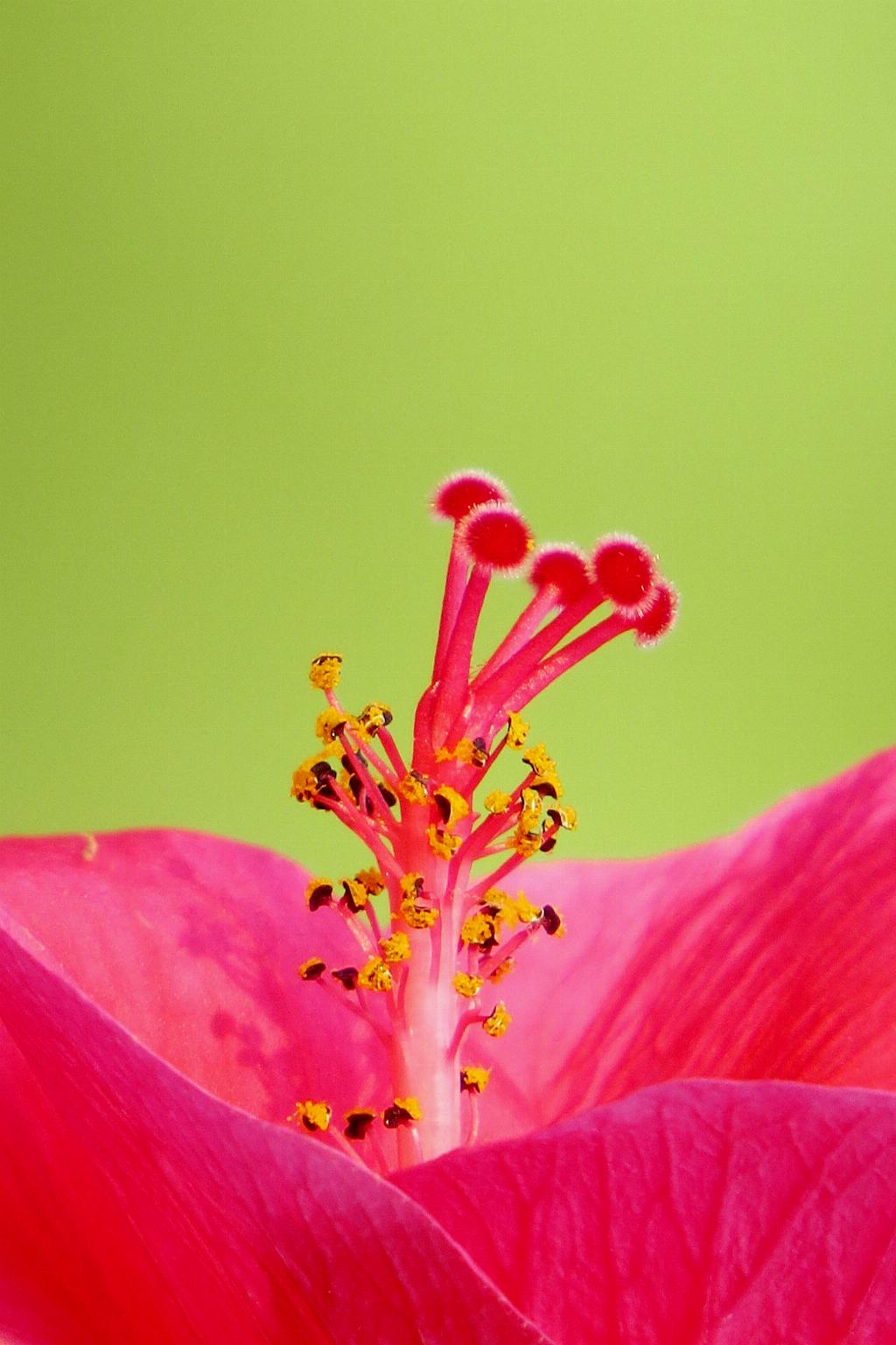Many cat owners may wonder about the potential toxicity of hibiscus plants to their feline companions. It is essential to understand that while the majority of hibiscus varieties are considered non-toxic to pets, there is one type that can pose a threat to cats: the Rose of Sharon (Hibiscus syriacus).
When it comes to the safety of your furry friends, it is crucial to be informed about the specific plants that could potentially harm them. The Rose of Sharon, a species of hibiscus, contains substances that can be toxic to cats if ingested in significant quantities.
While the toxicity of the Rose of Sharon is a concern for cat owners, it is essential to note that most common hibiscus plants are generally safe for felines. These plants are not known to cause severe harm or toxicity if a cat decides to take a curious nibble on their leaves or flowers.
As with any plant, it is always a good idea to monitor your cat’s behavior around hibiscus plants. If you notice any signs of ingestion or unusual symptoms after your cat has been near a hibiscus plant, it is advisable to contact your veterinarian for guidance.
Being aware of the potential risks associated with certain plants can help you create a safe environment for your beloved pets. While hibiscus plants are typically considered safe for cats, it is best to err on the side of caution and prevent access to any potentially harmful varieties.
Although hibiscus plants are renowned for their vibrant and beautiful blooms, it is essential to prioritize your pet’s well-being when choosing greenery for your home. Opting for pet-friendly plants ensures that your furry companions can coexist safely with nature indoors.
It is advisable to familiarize yourself with the specific characteristics of plants that could pose a risk to your pets. By understanding the potential dangers associated with certain plant species, you can take proactive steps to safeguard your cats from accidental exposure.
When decorating your living space with plants, consider researching pet-safe options to maintain a harmonious balance between nature and your furry friends. This approach allows you to enjoy the beauty of plants without compromising your pet’s health and well-being.
In the case of hibiscus plants, being mindful of the specific varieties that are safe for cats can help you cultivate a pet-friendly environment in your home. By selecting non-toxic plant species, you can mitigate the risks associated with accidental ingestion by your curious feline companions.
Remember that the well-being of your pets is paramount, and taking preventive measures to safeguard them from potential hazards is essential. By choosing plants that are known to be safe for cats, you can create a nurturing and secure environment for your beloved animal companions.
While the Rose of Sharon hibiscus plant may pose a risk to cats, the majority of hibiscus varieties are considered non-toxic and safe for feline friends. By staying informed and exercising caution, you can ensure that your home remains a safe and enjoyable space for both you and your pets.
Ultimately, the key to creating a pet-friendly environment lies in responsible plant selection and attentive care. By prioritizing your cat’s safety and well-being, you can cultivate a harmonious living space where your furry friends can thrive and explore without encountering potential risks.

